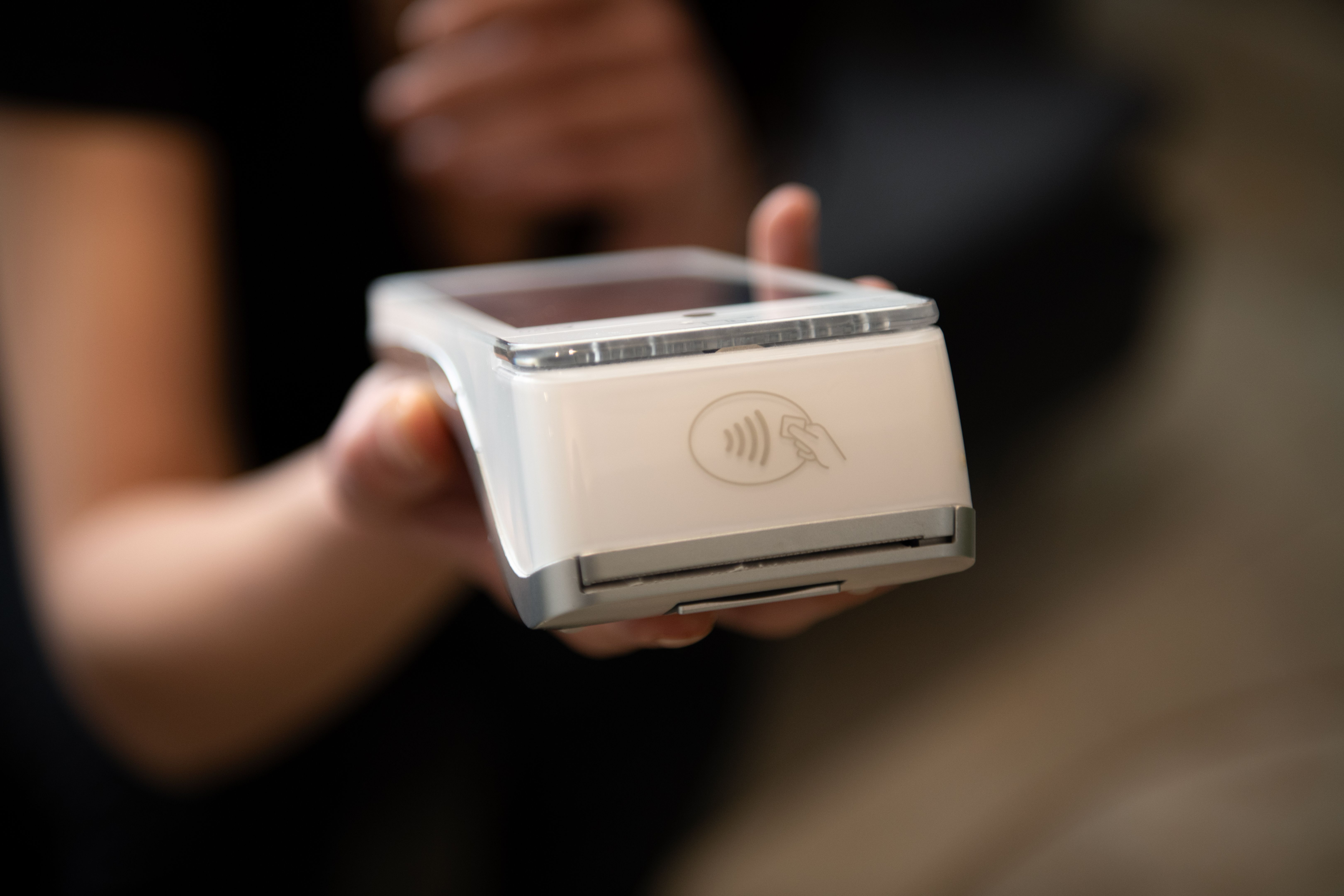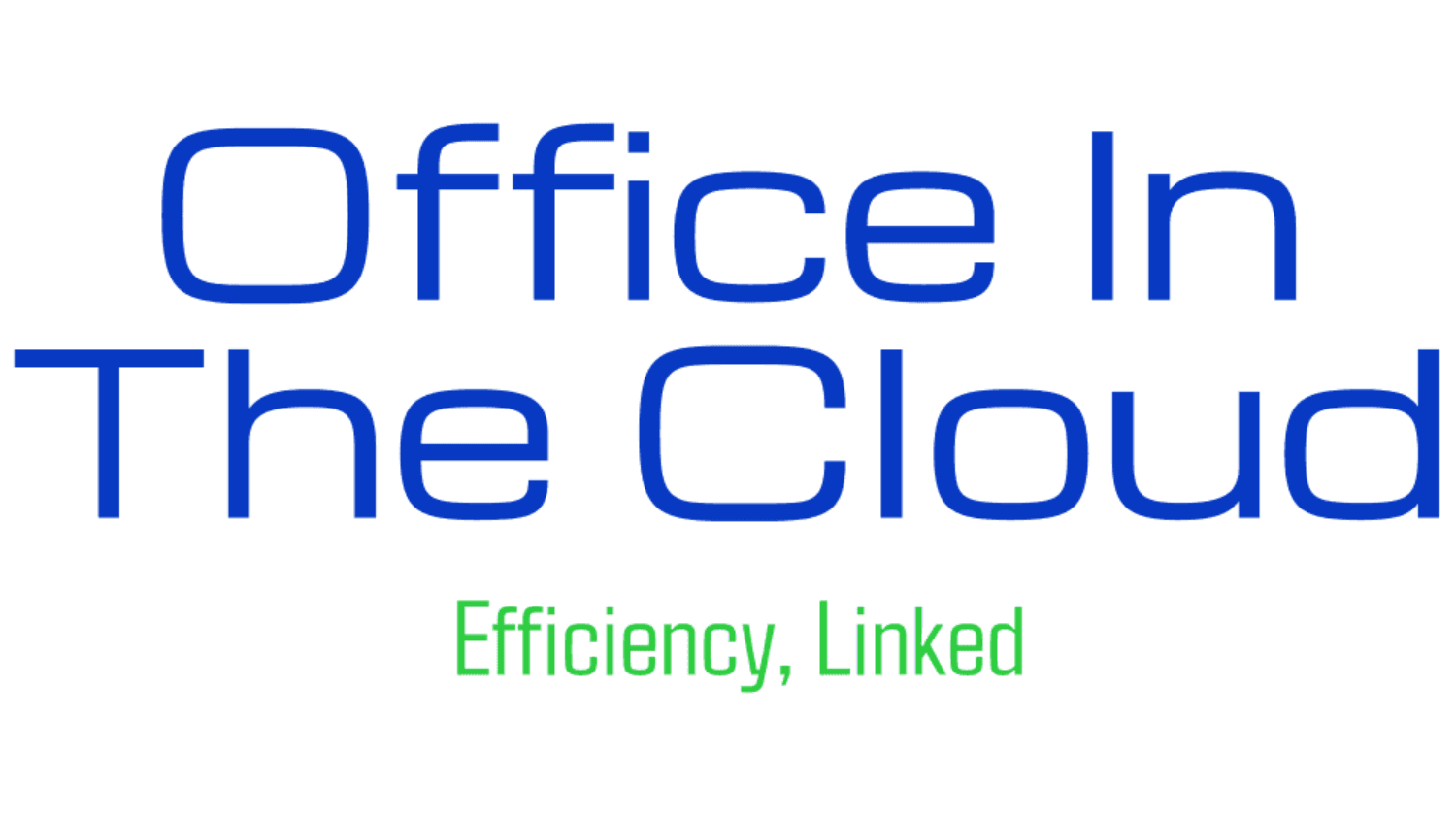Epicor POD vs MICROS POS: Choosing the Right System for Your Restaurant or Hospitality Business
Understanding Epicor POD and MICROS POS Systems
In the bustling world of restaurants and hospitality businesses, the choice of a Point of Sale (POS) system can significantly impact day-to-day operations and long-term success. Two popular options in the market are the Epicor Point of Delivery (POD) system and the MICROS POS system. Each comes with a unique set of features designed to streamline operations, enhance customer experience, and improve overall efficiency.
Epicor POD is known for its robust capabilities tailored for delivery and logistics, making it a preferred choice for businesses prioritizing these services. On the other hand, MICROS POS, developed by Oracle, is renowned for its comprehensive suite of tools suitable for various hospitality environments, from small cafes to large hotel chains.

Key Features of Epicor POD
Epicor POD shines in environments where delivery and logistics play a critical role. It offers a comprehensive solution that integrates order management, dispatching, and real-time tracking. This system is designed to optimize delivery routes, reduce wait times, and ensure efficient resource allocation. For restaurants with a significant delivery component, these features can lead to substantial cost savings and improved customer satisfaction.
Another notable feature of Epicor POD is its ability to integrate seamlessly with existing systems. This integration ensures that businesses can continue using their preferred tools while enhancing their delivery operations. Furthermore, Epicor’s analytics capabilities provide valuable insights into delivery performance, helping businesses make data-driven decisions.
Advantages of MICROS POS
MICROS POS has earned its reputation as a versatile and reliable system for the hospitality industry. It offers a wide range of functionalities, including inventory management, employee scheduling, and customer relationship management. These tools are ideal for businesses looking to streamline operations and improve service delivery across multiple channels.

In addition to its core functionalities, MICROS POS supports various payment methods, ensuring a smooth transaction process for customers. Its user-friendly interface and extensive customization options make it easy for businesses to tailor the system to their specific needs. The ability to adapt to different business models makes MICROS a popular choice among diverse hospitality settings.
Comparing Costs and Scalability
When choosing between Epicor POD and MICROS POS, cost considerations are critical. Epicor POD may offer competitive pricing for businesses heavily focused on delivery logistics. However, for those seeking a comprehensive suite of features beyond delivery, the investment in MICROS POS often proves worthwhile.
Scalability is another essential factor. As your business grows, your POS system should be able to accommodate increased demand without compromising performance. Both Epicor POD and MICROS POS offer scalable solutions, but it’s crucial to assess which system aligns better with your growth strategy.

Making the Right Choice for Your Business
The decision between Epicor POD and MICROS POS ultimately depends on your business's specific needs and priorities. If delivery optimization is paramount, Epicor POD might be the better fit. Conversely, if you require a comprehensive solution that covers various aspects of restaurant or hotel management, MICROS POS could be more suitable.
Consider conducting a thorough assessment of your business operations, customer expectations, and future goals. Engaging with vendors for demonstrations and consultations can also provide valuable insights to help inform your decision.
Conclusion: Investing in Your Business’s Future
Choosing the right POS system is a significant investment in your business’s future success. Both Epicor POD and MICROS POS offer distinct advantages that can enhance operational efficiency and customer satisfaction. By carefully evaluating your needs and exploring each system's capabilities, you can make an informed decision that supports your business objectives and growth.
